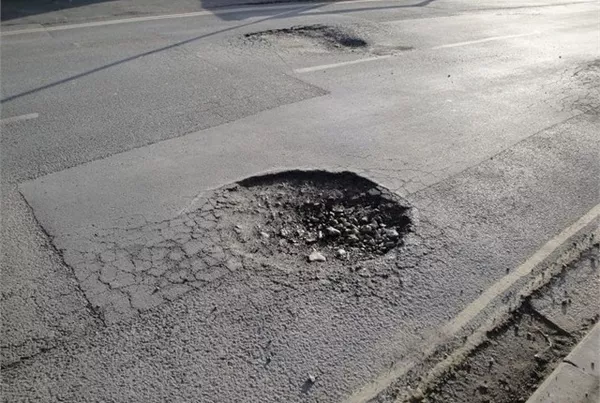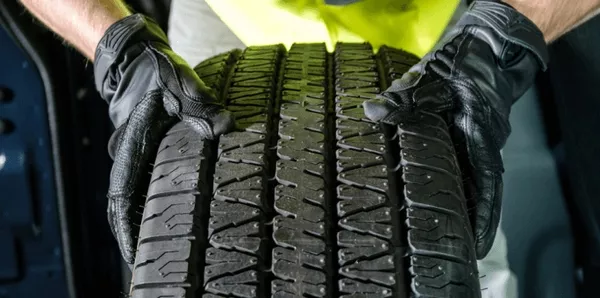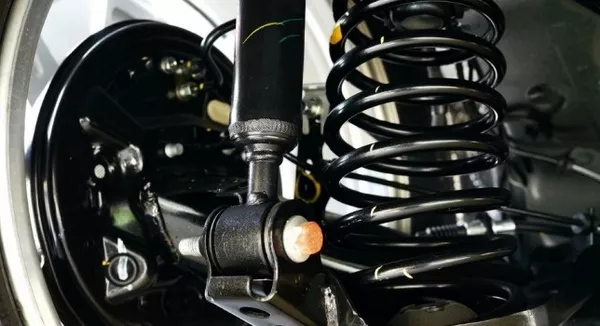Car suspensions are supposed to be really tough though still destructible. When your car has to run on terrible roads full of potholes or bumps or you brake too hard while neglecting your maintenance service, you’re weakening your suspension. With weak suspension, your safety and comfort on the road may go down by leaps and bounds.
Unluckily, they are considered to be one of the most complicated components in a car, which impedes us from diagnosing its symptoms and repair by ourselves.
However, there are still obvious signs telling you there is something wrong with your suspensions. While it might be unable to have them fixed by yourself, it is still helpful to early detect these issues so that you can bring it to the service center as soon as possible.
Keep reading through our post on Philkotse.com to learn 5 common signs of malfunctioning car suspension.
How a car suspension system works?
1. Lean forward, lean back or roll
It is pretty easy to notice signs given by your car movement. If you drive your car frequently enough and also care enough for your beloved vehicle, you will immediately notice when your car experiences unnecessary movements. And by unnecessary movements, we mean abnormal movements that your car makes when in everyday driving conditions, not in an off-roading competition.

If you drive your car frequently enough, you will immediately notice it if your car experiences unnecessary movements
Some questions to ask yourself:
- As you brake, is it leaning forward?
- As you accelerate, is it leaning back?
- As turning on a corner, is it leaning from side to side?
- Do you feel like your car is extremely inclined to one side? If yes, be very careful and take your car to a repair shop because there must be some problems with your shock absorbers. As the shock absorbers fail to maintain your car's stability against the force of the turn, your car are being put in a higher risk of rolling over.
2. Bumpy ride
We often see bumps and potholes as the enemy of drivers but sometimes they could also be our sign tellers of suspension problems.
Remember when you encounter a huge bump and it makes your vehicle 'bounce', your suspension may have problems.

Bumps and potholes do harm to our cars yet in some cases they can tell us certain suspension problems
You can do the bounce test as follows:
- Push in front of the front end of the car with great force;
- Release then count the times your car bounces back;
- If there are 3 or more bounces, it means your suspension (especially the shock absorber) needs replacing.
>>> You might like to read: Prevent your car from being damaged by potholes
3. Uneven distribution of car weight
Try to see if a part in your car is resting lower than the other parts. If you can feel it, it may be a sign of a damaged spring. The clearer sign of a damaged spring is also the clunking noise as you run over a pothole or a bump.
Do this test on your car:
- Push down really hard on the boot;
- Observe the reactions from the suspension after you release;
- If there comes a creaking or squeaking sound, there may by problems with the shocks, bushings or the spring.
Check your car suspension regularly if you don’t want to call for a breakdown truck service on the road.
4. Uneven treads on your car tires
Check if your tires are uneven or not. Also check if there are balding areas in any tire.
If you can see signs of uneven tires, they are trying to tell you, your suspension is putting unequal weight on your tires.

If there are uneven treads on your car tires, suspect a malfunctioning suspension
5. Oily shock absorbers
If your shock absorbers leak fluid (also making itself look oily and greasy), they may be working improperly and you need to check it immediately. The suspension system in your car contributes significantly to your safety as well as comfort when driving, so don’t even undervalue its importance by checking it regularly.

If your shock absorbers leak fluid, they may be working improperly
Hope our 5 tips to diagnose your car suspension problems on Philkotse.com today will benefit you a great deal in your car maintenance. Visit our website regularly to learn more useful tips and advice for car ownerships.











